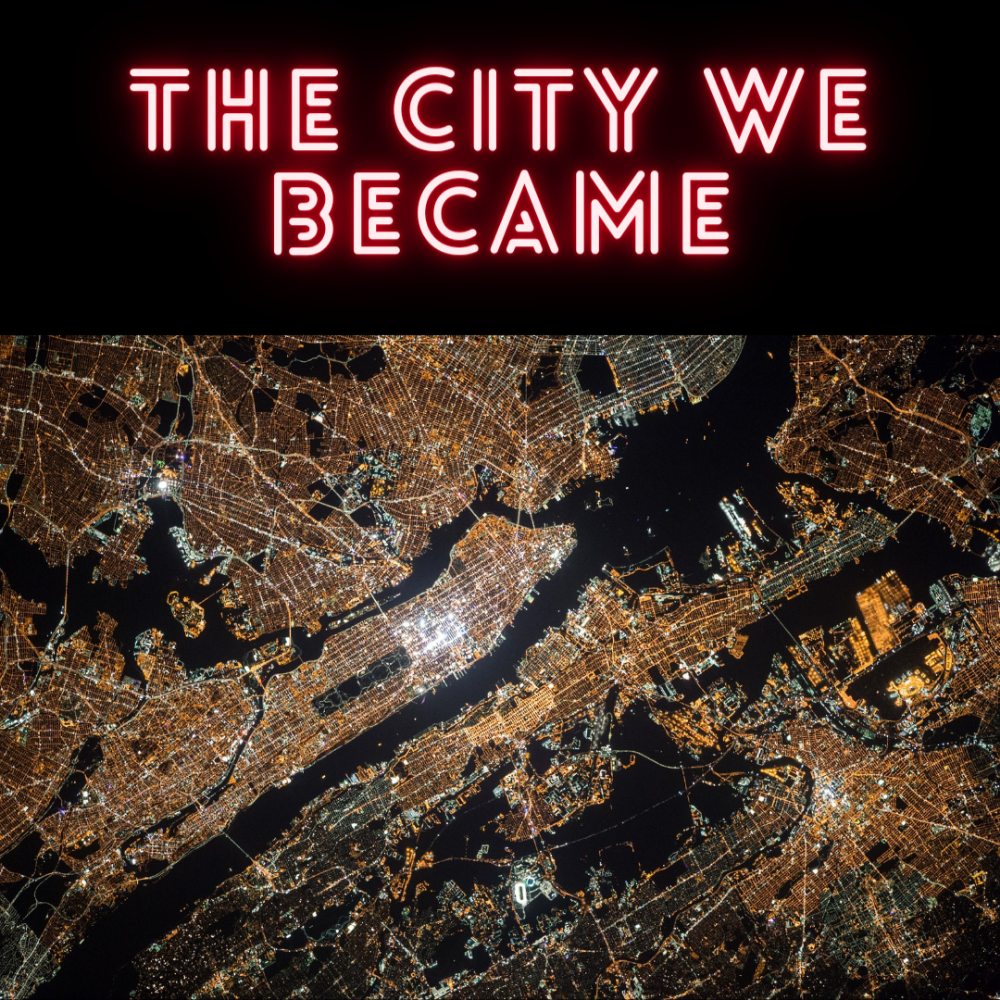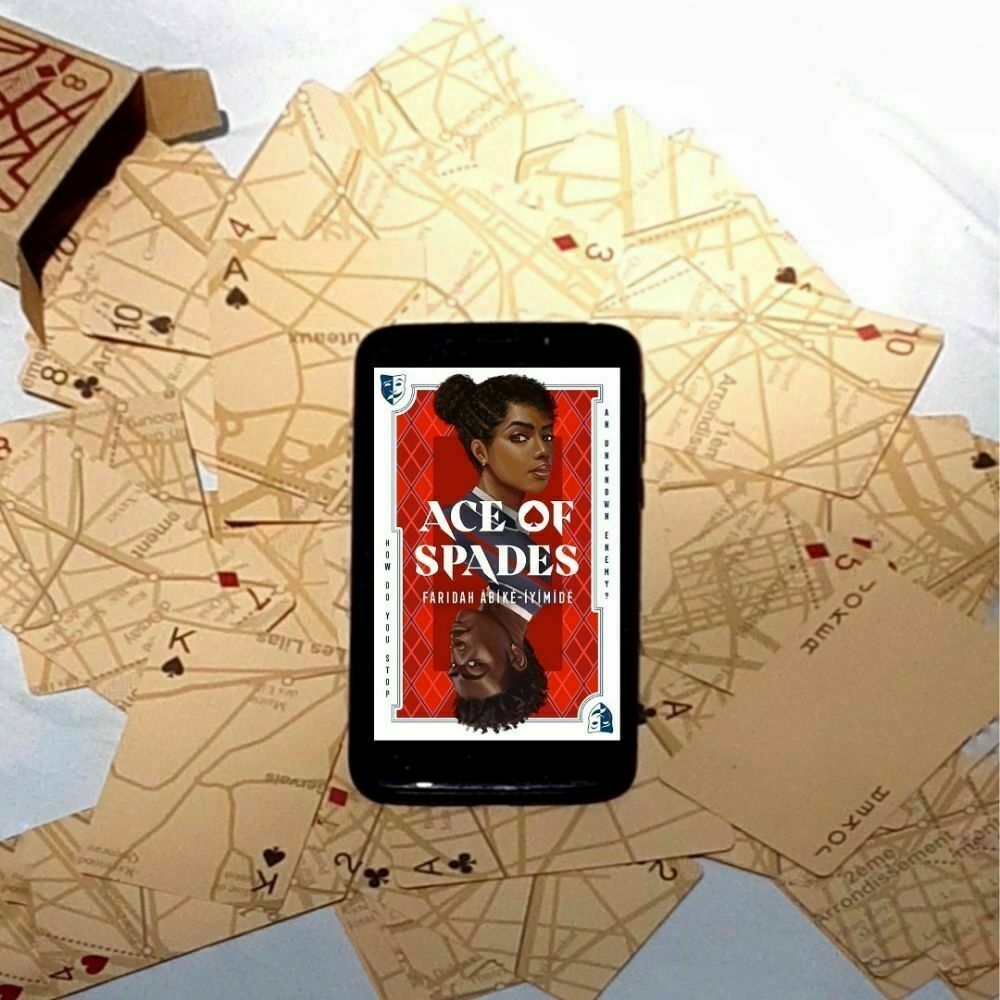I’m working to get into the flow of daily blogging, so this post will be rather stream of consciousness.
I work best in two-hour chunks. Today, I helped W. revise a project statement for a fellowship application and applied to two jobs. I’m right around the two-hour mark and can feel myself flagging. It’s also time for that 3 pm snack most people need, so I’ll have that when I’m done blogging this.
I’m in the middle of a bit of a grace period for myself, not unlike Kelly J. Baker’s. I’m figuring out how I want to spend my time and what people will pay me for. Yes, I have plans for consulting, but I would also love a little bit of stability and to not pay out of pocket for health insurance. (Blessedly I’m on W’s but it increased his insurance cost by about $400/mo to add me. This was more expensive than any plan I could get on the market, I checked.) So I’m applying for jobs that look especially good, but not applying scattershot. I’m focusing on research and editorial jobs. Today’s jobs were editorial. I’ve got a couple research lined up to apply for tomorrow.
I’m physically very tired much of the time, which is partly because my thyroid levels are off. I don’t know if I’ve written about this recently, but I’ll doubt it. So a refresher in case you’re new here: I have Hashimoto’s thyroiditis, which manifests primarily as hypothyroidism. That means my body attacks my thyroid gland, which then doesn’t work well. I take two synthetic hormone medications to help, plus a couple of supplements to boost the natural production and conversion of thyroid hormones. The thyroid controls metabolism, literally how your body has energy, and my primary symptom is intense fatigue. I also expereince brain fog and joint pain. (I also have polycystic ovary syndrome so basically my whole endocrine system doesn’t know what it’s doing.)
Flares of hypothyroidism sneak up on me because it’s so easy to explain away the symptoms - I’m tired because I go to bed too late, I’m sore because I ate something that probably had corn in it (corn makes me achey), the brain fog is from the tiredness… But when I get lab tests, it’s easier to see the pattern: my thyroid levels, while “normal,” are suboptimal, which is why I feel low-grade misery rather than abject despair.
So in May, I found out those levels were suboptimal and increased the dosage on my supplements to see if, if I provide it with extra building blocks, my thyroid will produce more hormones. And if that’s not enough, we’ll increase the prescription synthetic hormone dosages. We’ll check on that in July.
I’m trying to take care of my body but honestly I don’t really know how to BE embodied. I’m a floating head, a cyborg lady who lives mostly on the web. Being attentive to my body usually means attending to pain and in my experience, distraction is more helpful than mindfulness. But I want to do better by my body, to feed it well and clean it enough and get it moving. But I think I have to do it very gently until this thyroid thing gets sorted out.
What is super weird is that sometimes even when my body is completely worn out, my mind is really active. This leads to a few different things happening. First, I notice all the things I’m not doing because my body is too tired: cleaning out the fridge, putting away the laundry, helping my kid pick up his room, etc. I notice these things and then, because it’s my default, I berate myself for not doing them. But I’m conserving all my energy for mothering so house stuff just has to wait until I have more energy. Sorry, house. Sorry, brain.
The other thing is that my brain wants something to chew on. At first, it was nice being done with my dissertation. But then recently W. was talking about how he was having to think through and write this appication and I thought, “Oh wow, it must be so nice to have something to have to think about and work on.”
But I also feel deeply unready for client work.
Which is part of why I’m here blogging. I’m going to spend at least a week blogging daily to get some activity in for my restless brain without wearing out my body or take on new stress.
So that’s where I’m at. I’m off to have a snack and rest more. How are things with you?

